
Supporters
Voices in support of harvesting wallaby
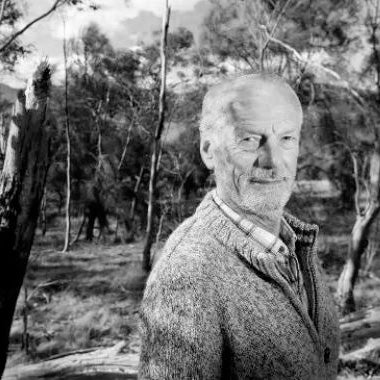
Nick Mooney
Wildlife Biologist
"Tens of thousands of wallaby are legally shot in Tasmania each year to protect agriculture and forestry. The overwhelming majority of these wallaby are left where they fall to rot or be scavenged. This is an outrageous, unethical waste. I support any use of these animals that reduces the waste given they will be culled regardless."

Craig Will
Owner/Chef Still Water Restaurant, Launceston
We’ve been using wallaby meat at Stillwater for many, many years. We do so happily because it’s a great product and we know it is produced under a tightly regulated system which ensures it’s both sustainable and humane. We also endorse the idea that producing meat from native animals is a great idea environmentally.

Professor Mike Archer
AM, FAA, DistFRSN, FRZS, FACE, FWAAS
Earth and Sustainability Science Research Centre
School of Biological, Earth & Environmental Sciences
UNSW Australia (University of New South Wales)
“Australian governments have systems in place to ensure super-abundant animals like some kangaroos and wallabies can be sustainably and humanely utilised. These sustainable harvests are in many respects world’s best practice. The International Union for the Conservation of Nature also supports the principle of CSU—conservation through sustainable use of native species. By creating commercial value through harvests of this kind, national as well as regional commitment to conserve the ecosystems that produce these valued species grows which helps to guarantee not only the survival of the harvested kangaroos, but thousands of non-harvested native species as well.”
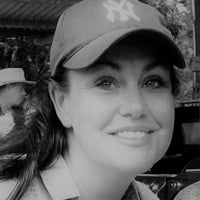
Karen Burbury
Farmer Cressy, Tasmania
As farmers we see firsthand the damage that wallaby cause as their population continues to increase on our property. Being able to humanly manage their numbers to a sustainable level is needed to conserve fragile areas of our farm. Wild harvesting of wallaby protects the environment and creates jobs within the community. It is a fantastic sustainable healthy source of protein and leather.
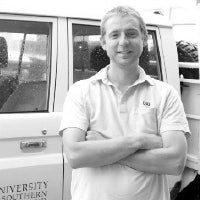
Dr. Benjamin Allen
Senior Research Fellow (Wildlife Science) Institute for Life Sciences and the Environment | Centre for Sustainable Agricultural Systems | University of Southern Queensland | Toowoomba *Coordinator – IUCN Canid Specialist Group, Dingo Working Group (www.canids.org) *International Partnerships Officer – Australasian Wildlife Management Society (www.awms.org.au) *Research Associate – Centre for African Conservation Ecology, Nelson Mandela University (https://ace.mandela.ac.za/)
“Biologists and ecologists across the world support the concept of conservation through sustainable use of wildlife because it has led to the recovery, conservation and ongoing protection of multiple species in many countries. This also occurs in Australia for several species, including kangaroos and wallabies which are sustainably harvested in many areas. By attaching a commercial value to such wildlife we generate an added economic incentive to preserve them and the ecosystems they depend on. On a more pragmatic level, kangaroo harvesting enables meat, leather and other products to be sourced from super-abundant native species that might be otherwise culled and wasted in an effort to produce non-native livestock species. Such prudence and wise use of these natural wildlife resources helps the environment and ultimately benefits kangaroos and the many other native animals they live with.”
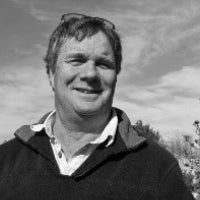
Ian Sauer
Farmer Pipers Brook, Tasmania
Wallaby, possum and deer are present in huge and increasing numbers across Tasmania, causing economic, social and environmental degradation to farmers and their land. Browsing pressure reduces stocking rates, degrades pasture, and makes bush regeneration or shelter belt projects difficult and expensive to implement. Culling these animals is an essential management activity to protect the environmental well-being of the land, and farm profitability. Utilising the animals, for economic gain, rather than shooting them and leaving them to go to waste, is a no brainer.
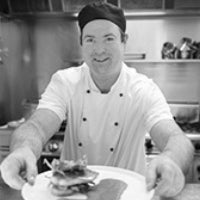
Greg Hampton
Executive Chef Charcoal Lane Melbourne
We’ve been using wallaby meat at Charcoal Lane for many years. We do so happily because it’s a great product and we support the idea of utilising animals which are superabundant and wild. We believe this makes really good environmental sense.



